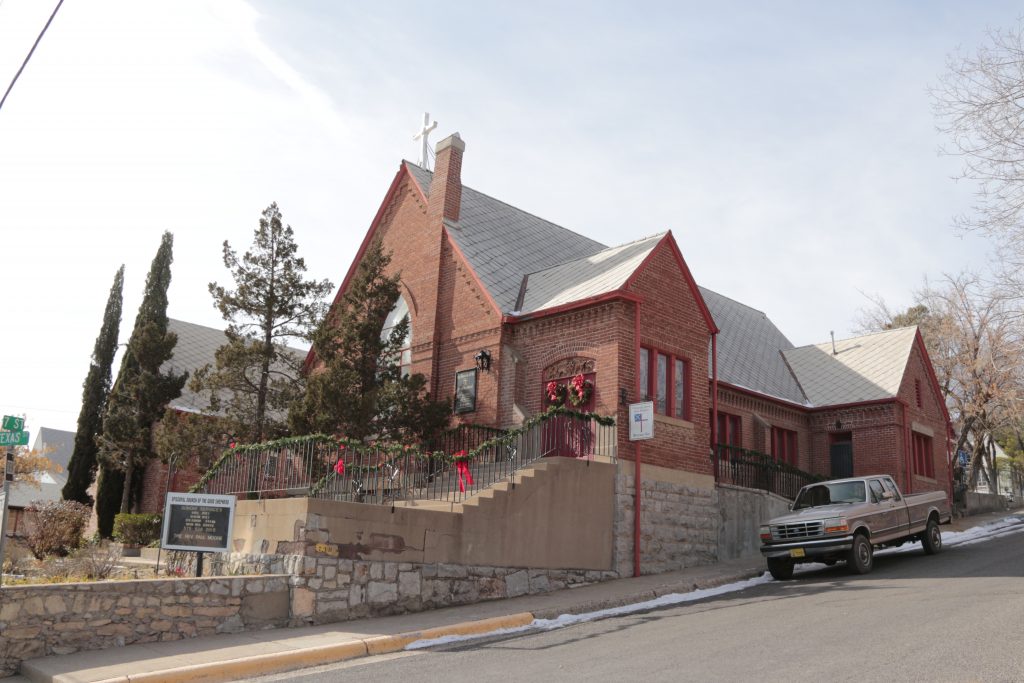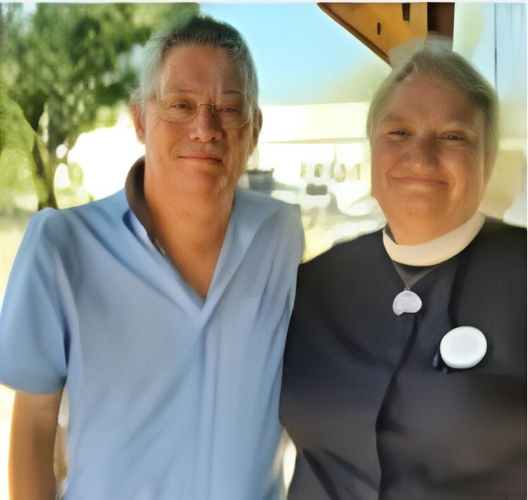Welcome to The Church of the Good Shepherd!
At the heart of our community, you’ll find faith, fellowship, and a spirit of inclusivity.
We are thrilled to welcome you to our virtual home, where we celebrate the journey of spiritual growth and share the love of Christ with open arms.
Join us in celebrating the joy of faith and exploring the depth of God’s word.
Together, we build a compassionate community, fostering meaningful connections and spiritual enrichment.
Your journey towards a deeper faith and lasting relationships begins here.
We invite you to be part of our services every Wednesday at 12:00 P.M., followed by lunch, and every Sunday at 9:30 A.M.
Your presence will be a blessing to our community.
Blessings to you and your loved ones and we hope to see you soon!
A Little About Ourselves
Who We Are & What We Believe

What We Believe As Episcopalians
(Click for more Info)

Mission Statement
(Click for more Info)

Who We Are
(Click for more Info)

Play Video

Our Team
Staff
The Rt. Rev. Michael Burkel Hunn
Bishop of the Diocese of the Rio Grande
Adele Giusto
Music Director













